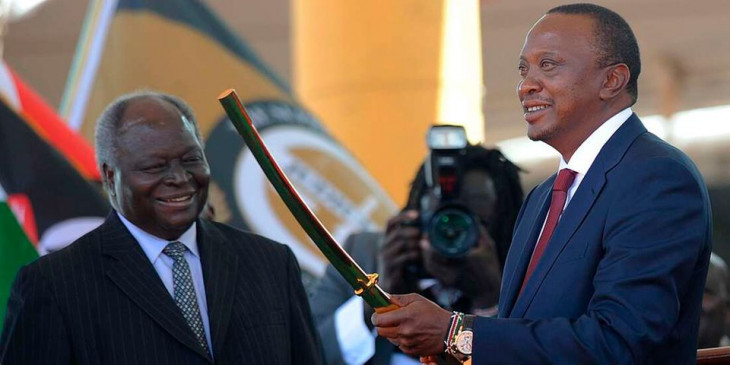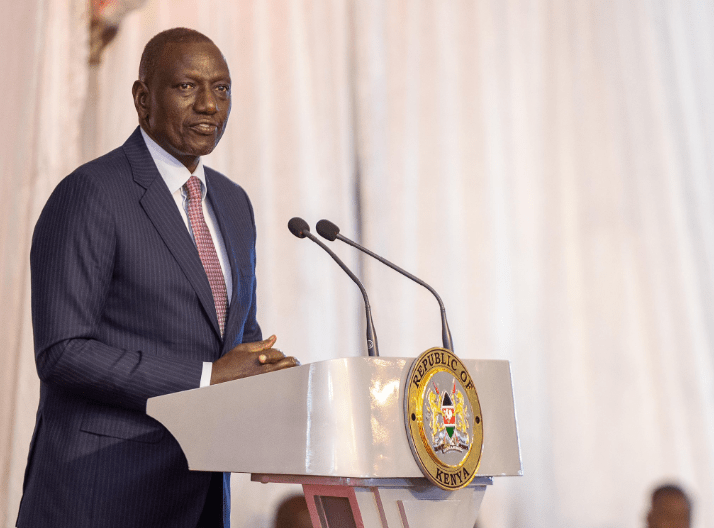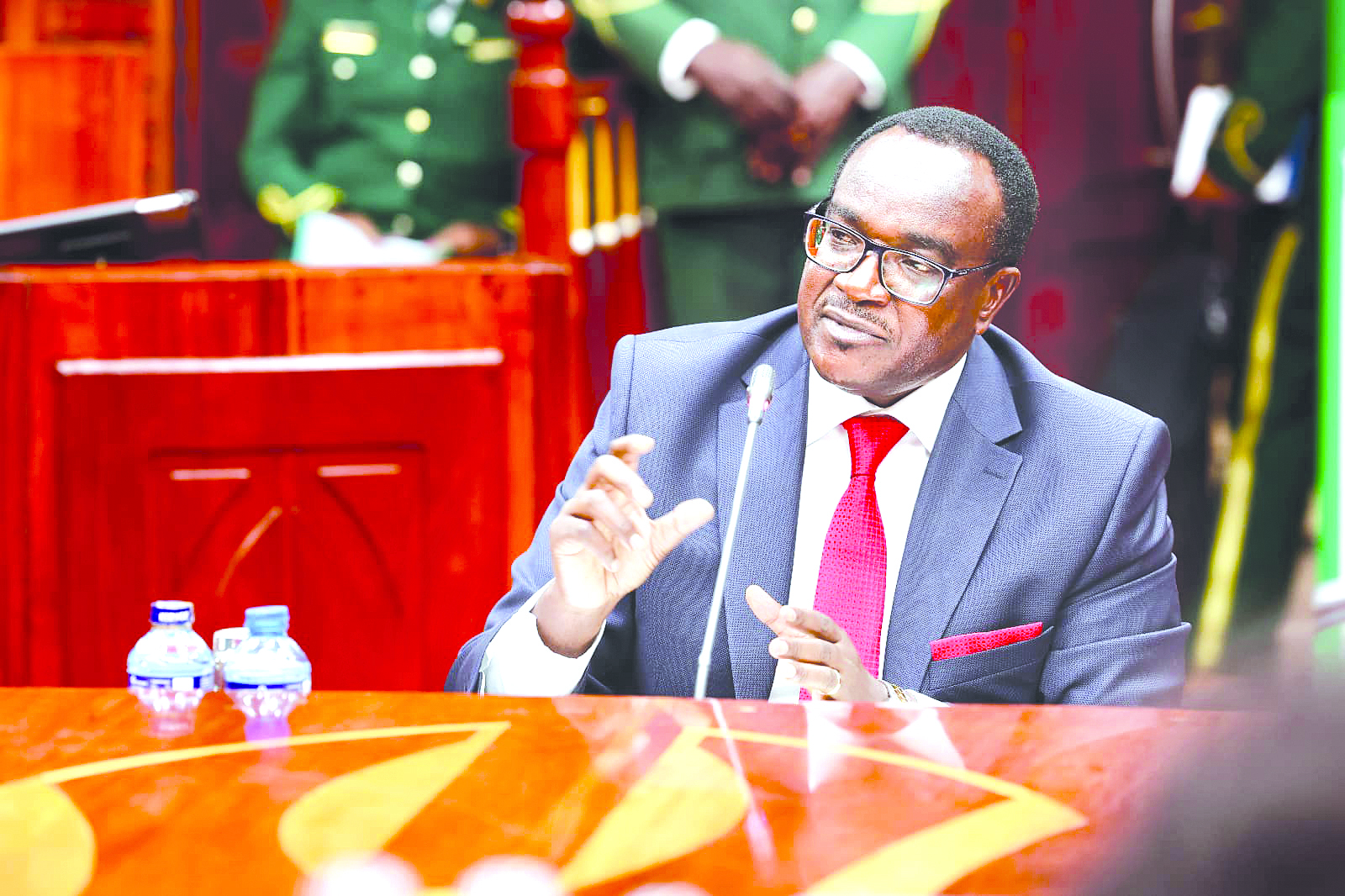Why we must ensure smooth transition of power

The elections are over and the only thing that stands between Kenyans and the next administration is the announcement of the winner of the presidential election. Already, the other legislative and executive arms of county and national governments have taken shape and the picture promises a robust Parliament, which is good for ensuring a balance of power between the arms of government.
Already, the Judiciary has made commendable strides in asserting its independence and the fact that it will now be getting its funds directly from the Consolidated Fund will go a long way in ensuring that it is not subservient to either the Legislature or the Executive, no matter how strong they become in the next administration.
What is important now, however, is for whoever will take over the mantle of leadership from President Uhuru Kenyatta to build on his legacy to ensure that the country continues on its trajectory of growth.
Kenya has stamped its presence in the region as an economic powerhouse. However, cognizant of the latent potential of other East Africa Community members such as the Democratic Republic of Congo and South Sudan, Kenyans cannot afford to rest on their laurels. The task ahead will demand that we all give our best in the new dispensation to ensure the country remains a regional economic powerhouse.
For that to happen, however, we will need to ensure a smooth transition first and to maintain peace after the announcement of the winner of the presidential election. True, the stakes have been high, but that has become the nature of Kenya’s elections and points to the country’s growing democratic credentials.
However, we still remain a fragile country. Any mismanagement of the presidential election results can easily lead the country down a treacherous path. This is something that we cannot afford if we have learned any lessons from past elections.
However, we must always be optimists. So far, the electoral commission has conducted its affairs commendably. Today, Kenya is in the cusps of change. We have enjoyed 10 years of steady leadership despite the challenges we have faced with corruption and in recent times, a rising cost of living and high debt-to-GDP ratio. But these are challenges that can be addressed through robust planning and implementation of strategies that will boost trade, job creation and investment.
That is why the business policies that the new administration will put in place will be key to alleviating the challenges that the citizenry is grappling with. Thankfully, the outgoing administration has set a foundation on which the next government can build on and put Kenya on the path of success.
However, as has been demonstrated in the last decade, peace is the key to stability and as we stand on the verge of change, it is critical that we manage the transition in a way that will guarantee peace and stability.
This will call for political maturity. Our leaders can learn an important lesson from the citizens who have demonstrated maturity through their patient wait for the presidential election results. Leaders do not need to re-invent the template. They only need to learn from the people.
Whether we build this country together as one depends, to a large extent, on the will of the next crop of leaders to engage the populace as well as their opponents across the political isle. To paraphrase former US President Barack Obama, the most important job of a leader is being able to convince others to implement your vision. That is the challenge of the next administration.
—The writer is the Managing Editor, People Daily
—James.mbugua@mediamax. co.ke












